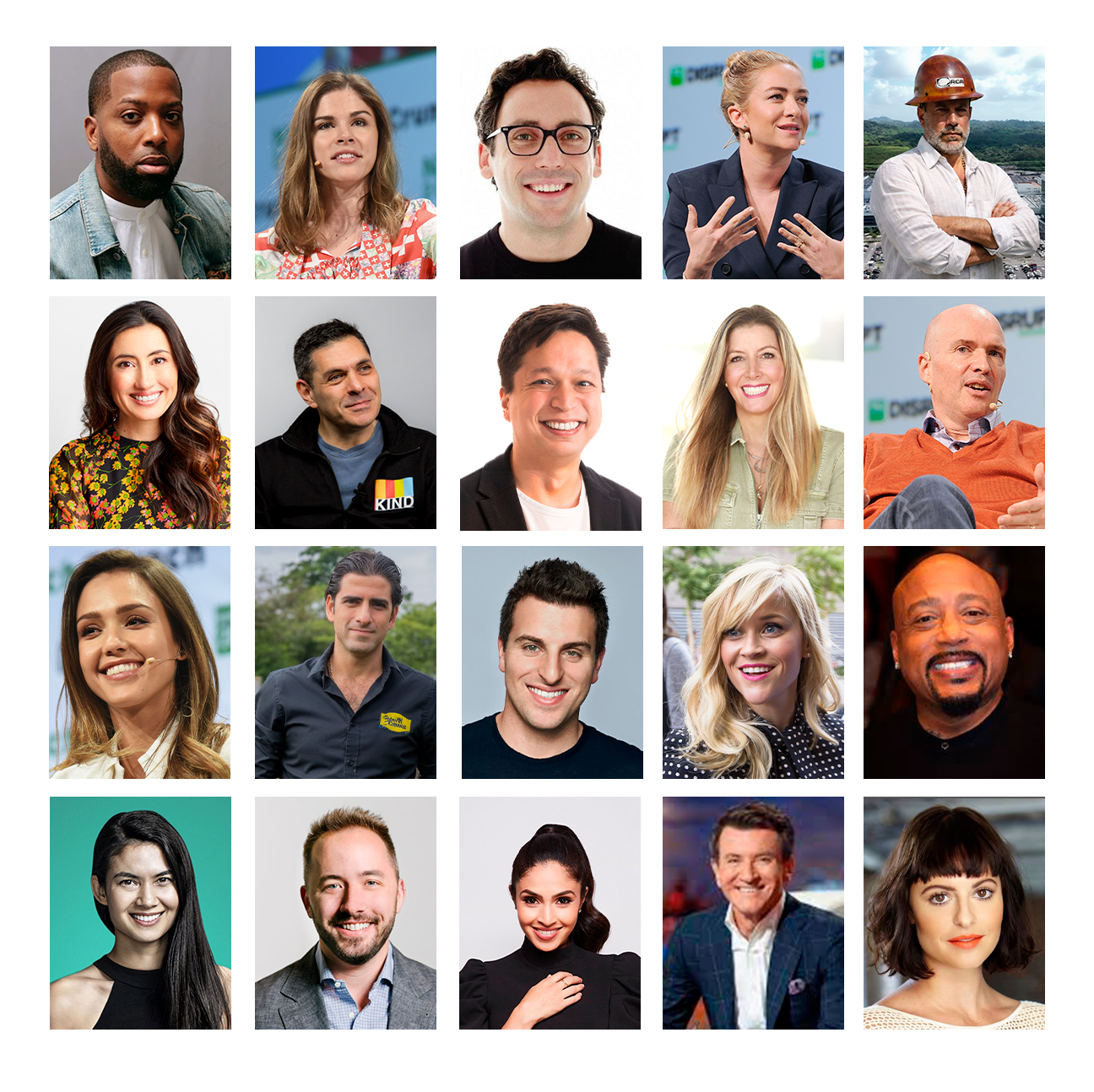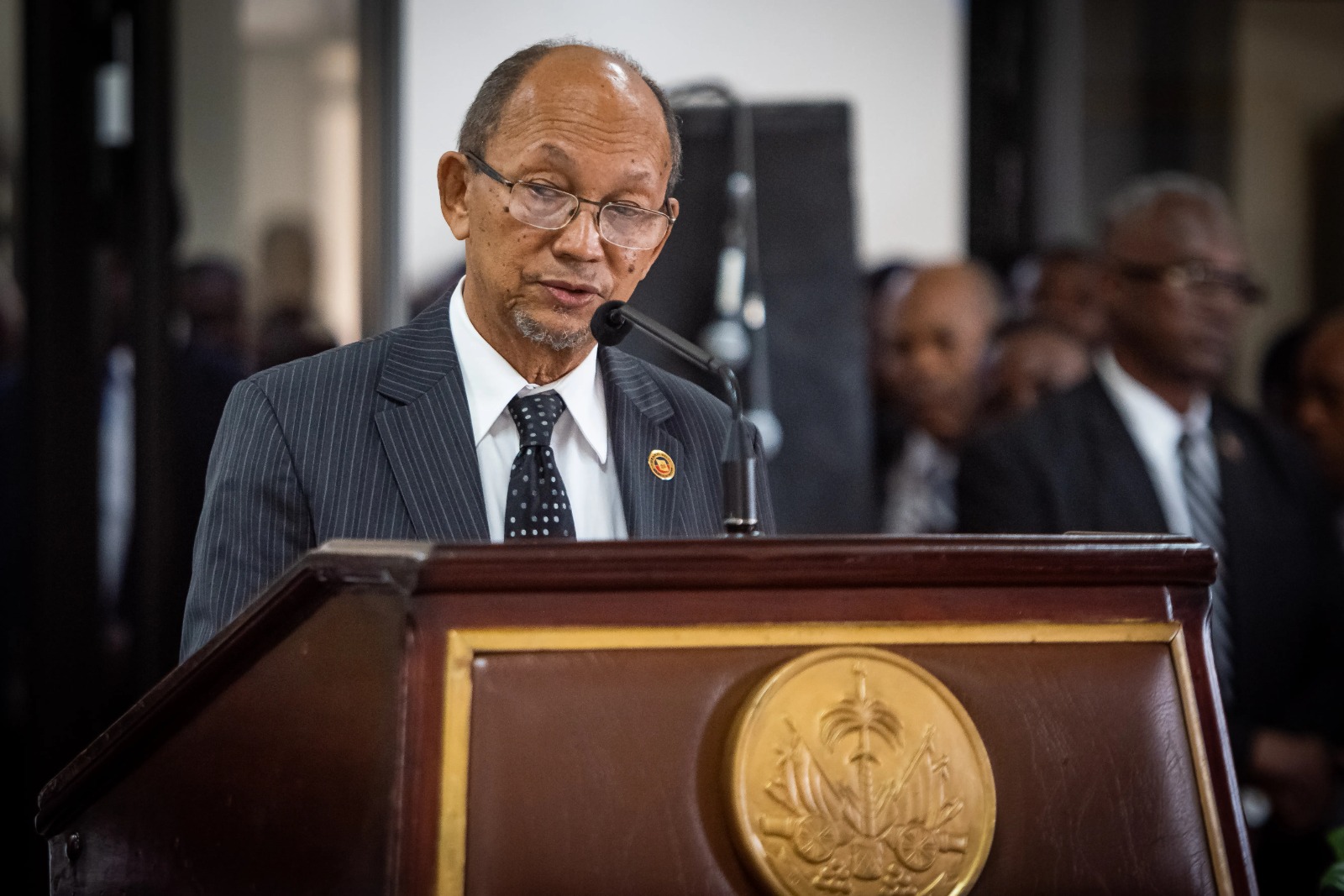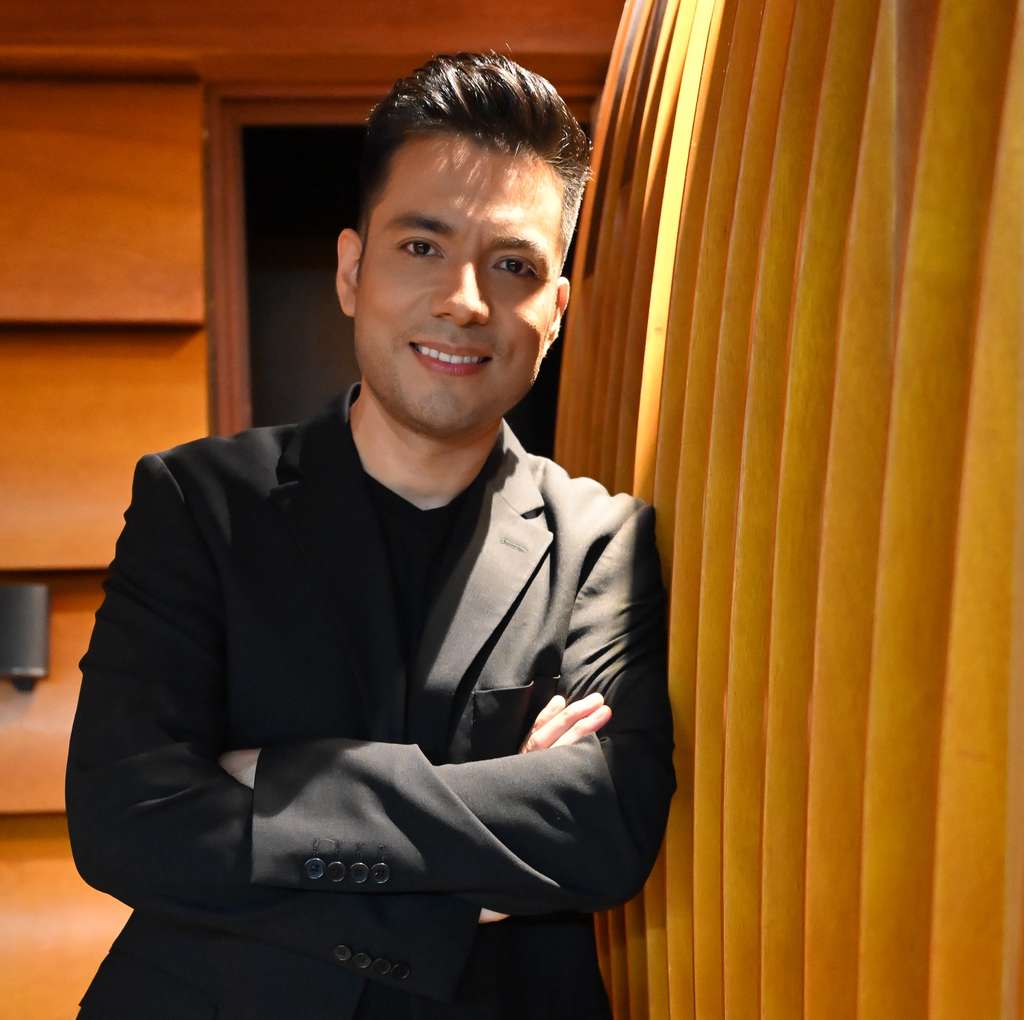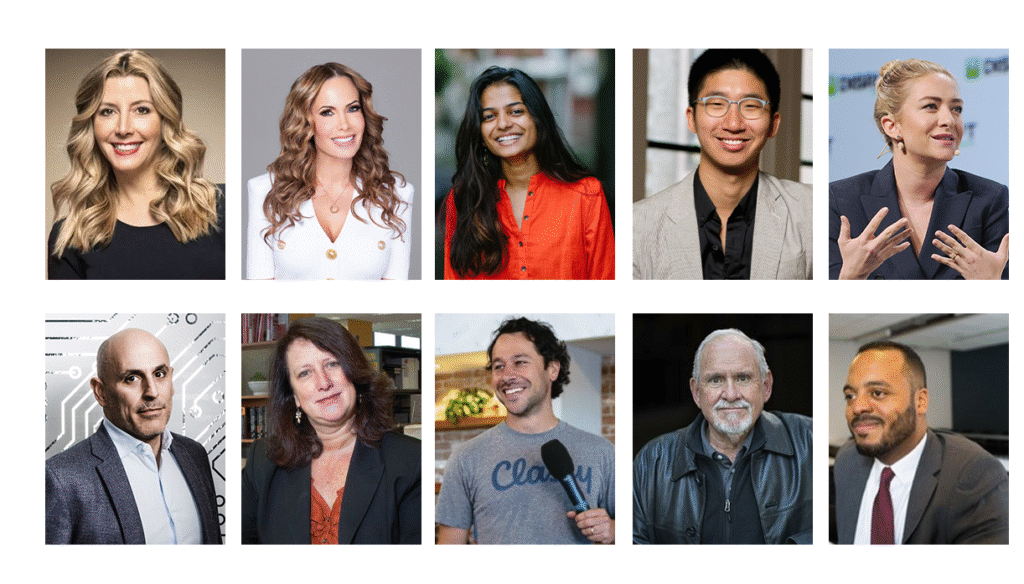
In every generation, there are entrepreneurs who refuse to play small. They’re not just chasing profit, they’re rewriting the rules of business, building companies with heart, and proving that purpose and impact can scale. These are the people who step into uncertainty, turn obstacles into opportunities, and transform industries from the inside out.
What separates them from the rest isn’t luck, talent, or timing: it’s the mindset they bring to the table. They understand that success isn’t about what you get; it’s about what you give, who you become, and how many lives you touch along the way.
In this feature, we’ve gathered the top business advice from entrepreneurs who are changing the world. Their journeys are different, their industries diverse, but the common thread is unshakable: each one leads with vision, resilience, and the courage to act when others hesitate. Let their stories fuel your own path forward, because the strategies that built their impact can unlock yours too.
Sara Blakely

Sara Blakely is the self-made billionaire behind Spanx, the global shapewear brand that began with just $5,000 in savings and an unshakable belief in her idea. With no background in fashion, manufacturing, or retail, Blakely relied on grit, creativity, and persistence. She famously spent two years perfecting her prototype, cold-calling hosiery mills until one agreed to produce it, and personally pitching her products to department store buyers. Her grassroots hustle paid off—within months, Spanx became a phenomenon, landing on Oprah’s “Favorite Things” list and transforming the shapewear industry.
What makes Blakely’s story extraordinary is how she built Spanx without outside investors or traditional advertising, relying instead on storytelling, authenticity, and a deep understanding of her customers. She redefined not only what women wear but how they feel in their clothes, prioritizing comfort, confidence, and empowerment. Today, Spanx products are sold in more than 50 countries, and the company has expanded far beyond shapewear into activewear, denim, and even menswear, continuing to evolve while staying true to its original mission: helping people feel great about themselves.
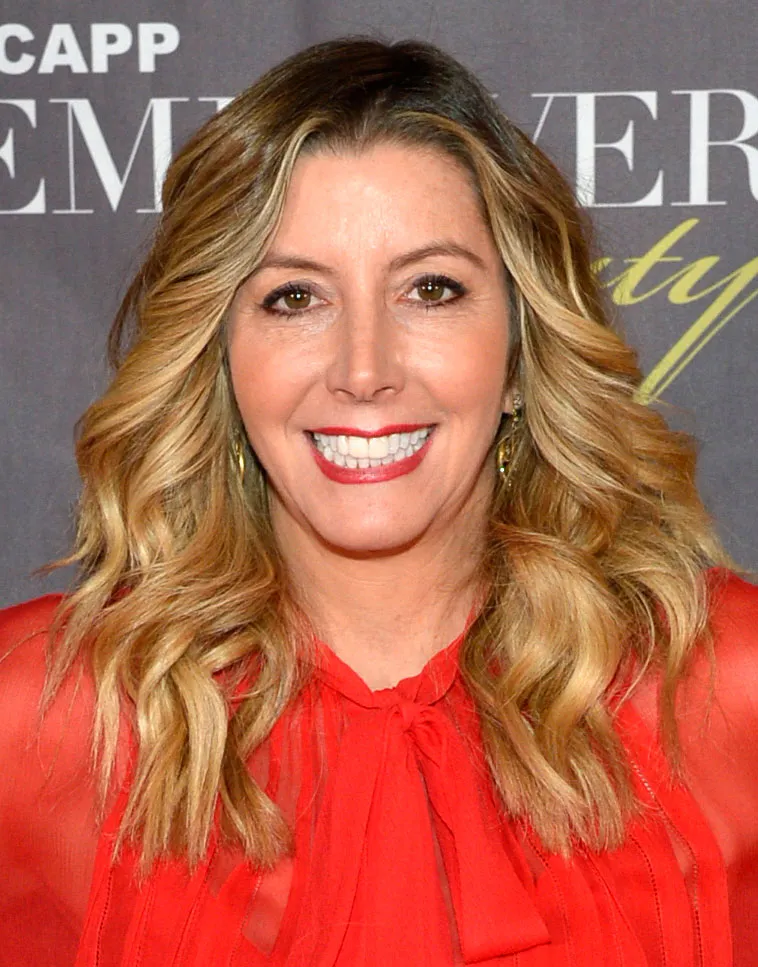
Beyond her role as a founder, Blakely has become a powerful advocate for women in business. Through the Spanx by Sara Blakely Foundation, she has donated millions to causes that support education, entrepreneurship, and leadership for women and girls around the world. In 2013, she joined the Giving Pledge, committing to donate half her wealth to philanthropy, and she continues to invest in female-founded startups, paying forward the opportunities she had to fight for herself.
Her philosophy is rooted in optimism, courage, and embracing the unknown. Blakely often says that failure should be celebrated, not feared, because every setback is a sign of growth. She encourages entrepreneurs to “get comfortable with being uncomfortable,” reminding them that innovation doesn’t come from playing it safe, it comes from daring to be different. Through her journey, Sara Blakely has proven that success is not about knowing all the answers, but about trusting your instincts, taking risks, and laughing along the way.
Natalia Denegri

Natalia Denegri is an award-winning television host, producer, entrepreneur, and philanthropist who has built a career on purpose-driven storytelling and socially conscious business ventures. Through her production company, she has developed documentaries and projects that highlight transformation and social justice, earning recognition across the Americas and beyond.
Her entrepreneurial spirit extends beyond the media. Denegri is also one of the proud co-owners of Baires Grill, a leading Argentine restaurant chain in Florida that recently became the official restaurant partner of Argentina’s national soccer team during their U.S. matches. Under her leadership, the brand is expanding into new U.S. cities and international markets, creating hundreds of jobs and setting a standard for hospitality infused with culture and community.
Her guiding philosophy is to lead with purpose and let empathy drive strategy. For Denegri, business has never been just about numbers: it has always been about people. This mindset has shaped every venture she’s pursued, from building humanitarian media platforms to scaling restaurant operations. She believes that when leaders genuinely care about the lives they touch, they not only achieve success but also build legacies rooted in impact, innovation, and inclusivity.
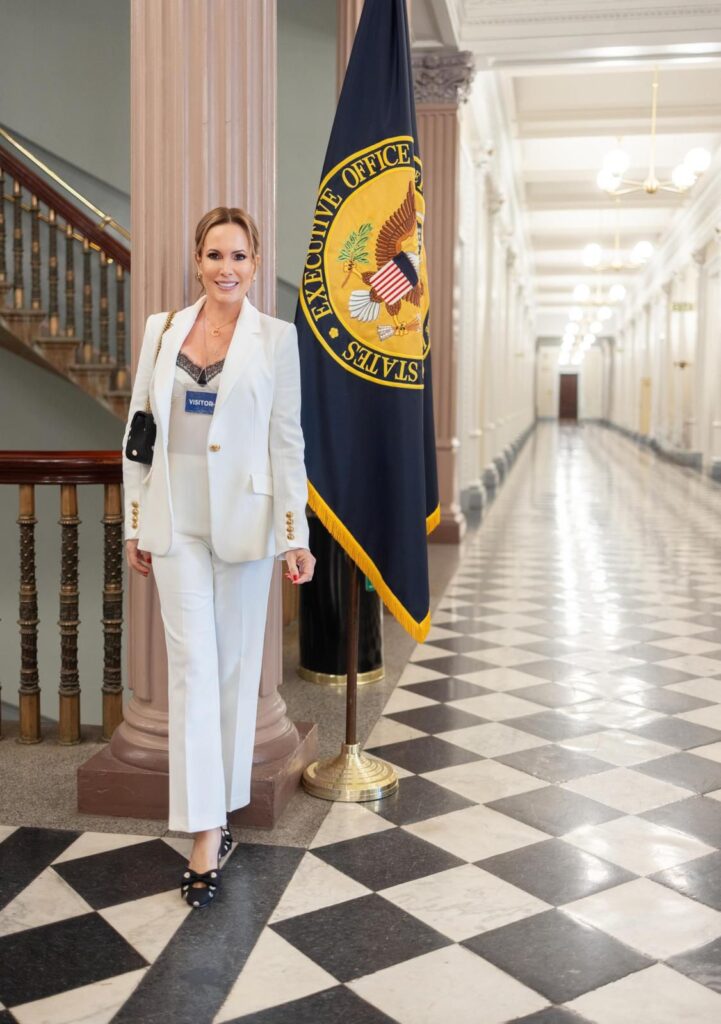
Recently, Denegri was invited to Washington D.C. to participate in a White House roundtable alongside other distinguished entrepreneurs and changemakers. The experience reaffirmed her commitment to fostering leadership that uplifts communities, amplifies meaningful causes, and drives equality in business. For her, it was not only a professional honor but also a moment of purpose, a reminder of the responsibility that comes with influence and the power of empathy in shaping a more inclusive future.
Looking ahead, her 2026 vision includes expanding her production company with new global documentary projects, continuing to grow her TV show’s national reach, and taking Baires Grill to Argentina and other countries. Denegri’s ultimate goal is to inspire and uplift, especially women, Latinas, and entrepreneurs who lead with heart.
Jeroo Billimoria
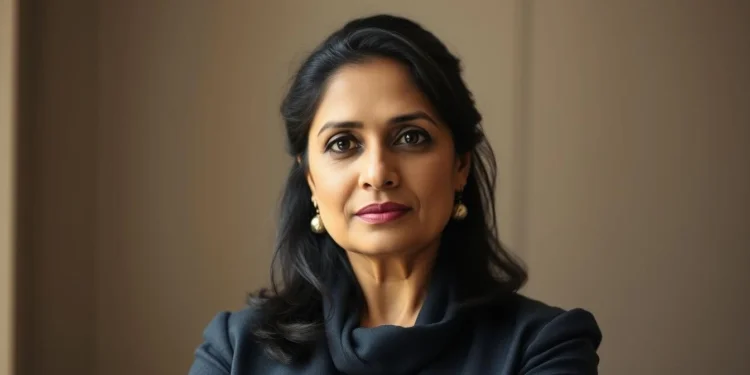
Jeroo Billimoria is one of the world’s most accomplished social entrepreneurs, renowned for building scalable systems that protect and empower children. Born and raised in Mumbai, India, she studied social work at the Tata Institute of Social Sciences before setting out to address the urgent needs of marginalized youth. In 1996, she founded Childline India, the country’s first 24-hour emergency helpline for street children. What began as a single phone line in Mumbai has since evolved into a nationwide network operating in hundreds of cities, connecting millions of children to safety and support each year.
Her career is defined by a deep understanding of systemic change. After the success of Childline, Jeroo founded Child Helpline International, linking similar hotlines across more than 140 countries. She later launched Aflatoun International, which teaches social and financial education to children in over 100 nations, giving them the tools to save, budget, and plan for their futures. Her most recent venture, Child and Youth Finance International, has influenced national policies to ensure that young people have access to financial inclusion and education.

Today, Billimoria leads Catalyst 2030, a global movement of social entrepreneurs and innovators working together to accelerate progress toward the United Nations Sustainable Development Goals. Rather than creating isolated solutions, she focuses on building ecosystems—platforms where collaboration replaces competition. Her work has earned her recognition from the World Economic Forum, Schwab Foundation, and Ashoka.
Her philosophy is both humble and visionary. She believes true change does not come from individual heroics but from collective leadership. “We don’t need monuments to individuals,” she says. “We need movements that outlast us.” Her message to entrepreneurs is clear: real impact lies not in ego but in the networks we build, the systems we transform, and the people we empower.
Brian Wong

Brian Wong made history as one of the youngest entrepreneurs to ever receive venture capital funding at just 19 years old. A graduate of the University of British Columbia at 18, Wong became a prodigy in Silicon Valley’s fast-paced tech scene. In 2010, he co-founded Kiip, a mobile advertising and rewards platform designed to celebrate “moments of achievement.” The idea was simple yet groundbreaking—turn in-app milestones, like completing a game level or a fitness goal, into real-world rewards from brands.
Under Wong’s leadership, Kiip raised over $30 million in venture funding and worked with major companies like Coca-Cola, Amazon, and McDonald’s. The platform’s innovation in “moment-based marketing” redefined digital advertising by aligning brand engagement with positive user experiences. Kiip eventually expanded to millions of users across more than 150 countries, and its success placed Wong on Forbes’ 30 Under 30 list.
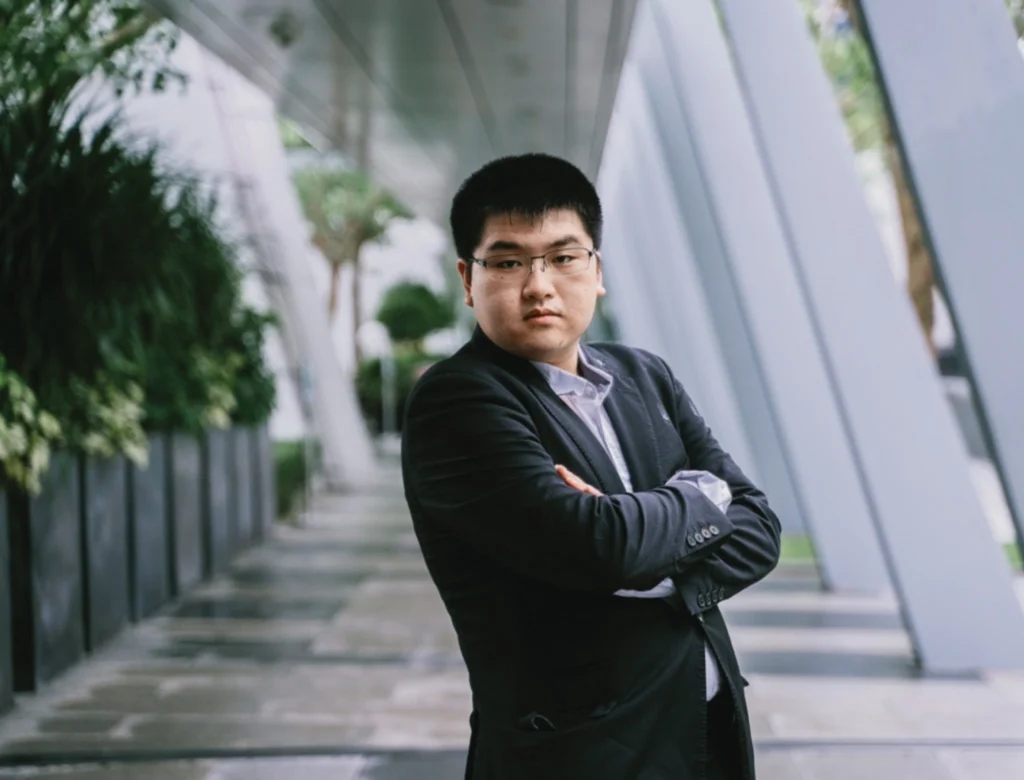
Beyond his success as a tech founder, Wong became a sought-after thought leader and the author of The Cheat Code: Going Off Script to Get More, Go Faster, and Shortcut Your Way to Success. In it, he shares 71 “cheat codes,” or unconventional lessons, that challenge traditional career advice, urging young entrepreneurs to leverage curiosity, speed, and authenticity over hierarchy and conformity.
Wong’s core belief is that innovation lives in the blind spots others ignore. He encourages entrepreneurs to challenge assumptions and explore the overlooked corners of every industry. To him, success is less about age or experience and more about mindset: seeing constraints not as limits, but as creative fuel to design the future.
Whitney Wolfe Herd
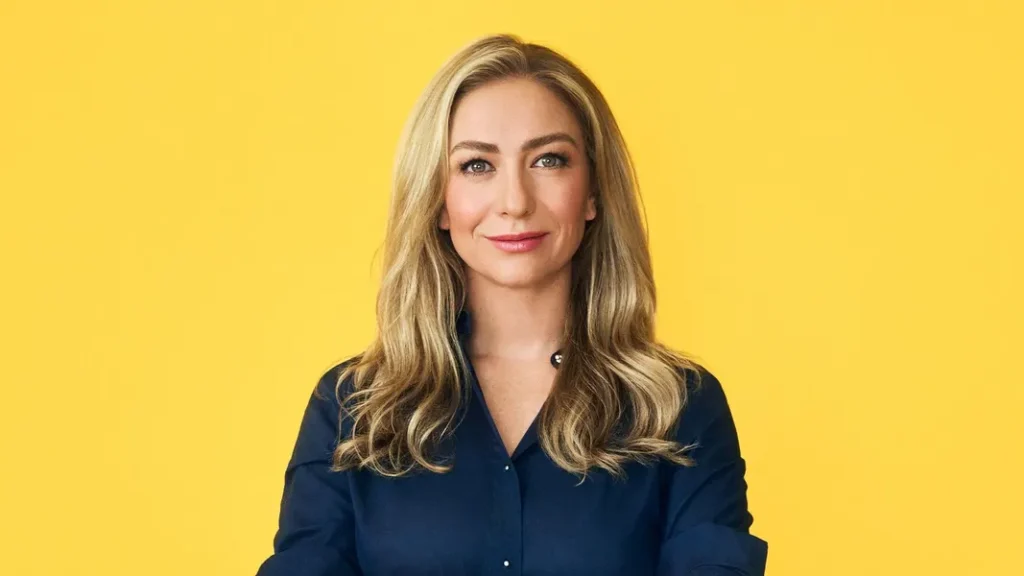
Whitney Wolfe Herd is the founder and CEO of Bumble, the dating app that flipped the script by allowing women to make the first move. Before launching Bumble in 2014, she co-founded Tinder, helping grow it into one of the world’s leading dating platforms. However, after facing harassment and gender-based discrimination, she left the company, a painful experience that would ignite her mission to build something radically different.
Determined to create a safer, more respectful online dating environment, Wolfe Herd launched Bumble with the backing of Russian tech entrepreneur Andrey Andreev. Within months, the app became a cultural phenomenon, praised for giving women agency in the digital dating space. Bumble later expanded beyond dating with Bumble BFF and Bumble Bizz, offering platforms for friendship and professional networking.
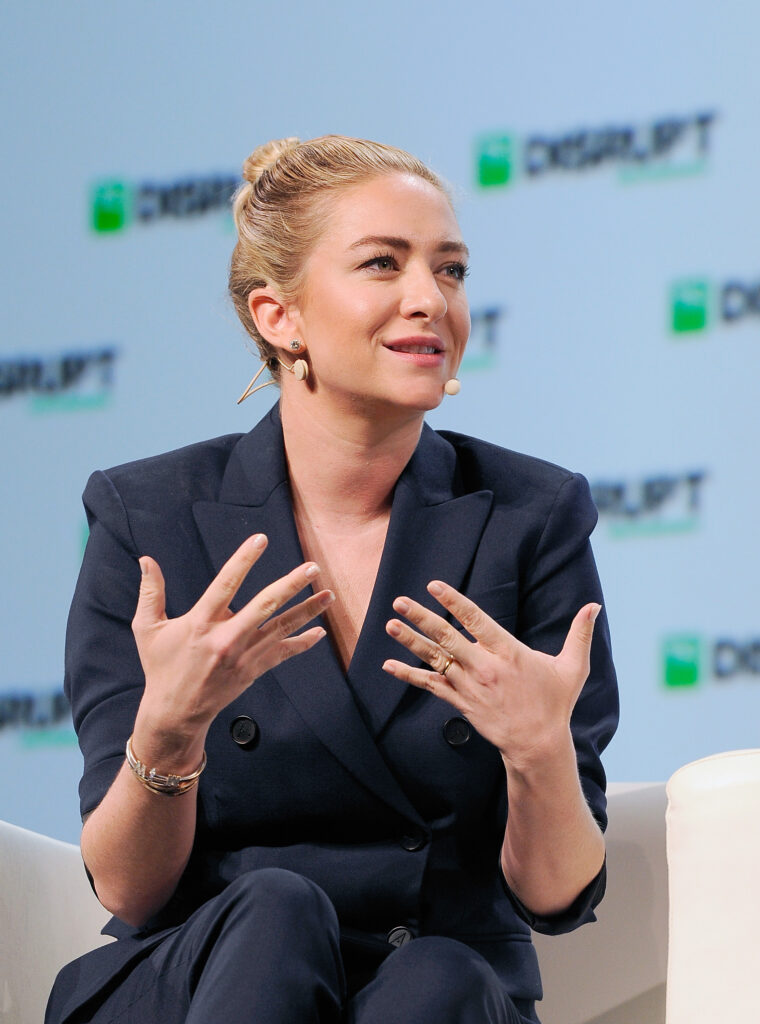
In 2021, Bumble went public on the NASDAQ with Wolfe Herd ringing the opening bell holding her one-year-old son. At age 31, she became the youngest self-made female billionaire in the world. Her leadership has been widely recognized, she’s appeared on Time’s 100 Most Influential People list and Forbes’ Most Powerful Women in Tech.
Wolfe Herd’s story is one of purpose. She often says that adversity can become your greatest advantage when used as fuel for innovation. By transforming her challenges into a company that champions respect and empowerment, she has proven that technology can do more than connect people, it can rewrite the rules of human interaction.
Marc Lore
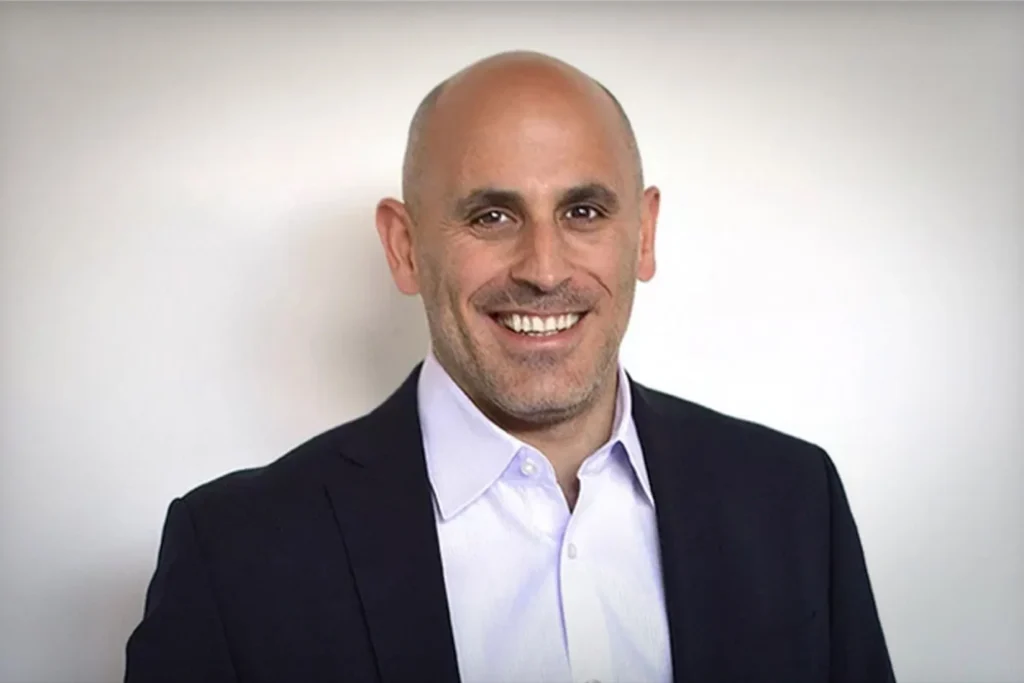
Marc Lore is a visionary entrepreneur best known for reshaping the future of online commerce. After earning his MBA from Columbia University, Lore co-founded Diapers.com (Quidsi) in 2005, creating one of the first e-commerce platforms optimized for logistics and customer service. The company grew rapidly and was acquired by Amazon in 2010 for $545 million. But Lore wasn’t done reinventing retail.
In 2014, he launched Jet.com, a shopping platform powered by a dynamic pricing algorithm that rewarded customers for smarter, cost-efficient purchases. The model attracted massive attention, and in 2016, Walmart acquired Jet.com for $3.3 billion, appointing Lore as President and CEO of Walmart U.S. eCommerce. Under his leadership, Walmart’s online sales grew at double-digit rates, closing the gap with Amazon and introducing innovations in fulfillment, grocery delivery, and digital experience.

After leaving Walmart in 2021, Lore turned his focus toward an audacious new dream: Telosa, a proposed $400 billion sustainable city designed to host five million residents. Built around principles of equity, innovation, and community wealth-building, Telosa represents his lifelong belief that capitalism can be reimagined to serve society.
Lore’s entrepreneurial philosophy centers on bold vision. He argues that aiming small fails to inspire; only “seemingly impossible” goals rally the kind of talent and creativity needed for real progress. His journey, from e-commerce pioneer to city-builder, embodies the belief that entrepreneurship at its best doesn’t just create companies; it designs better futures.
Vanessa Kirsch
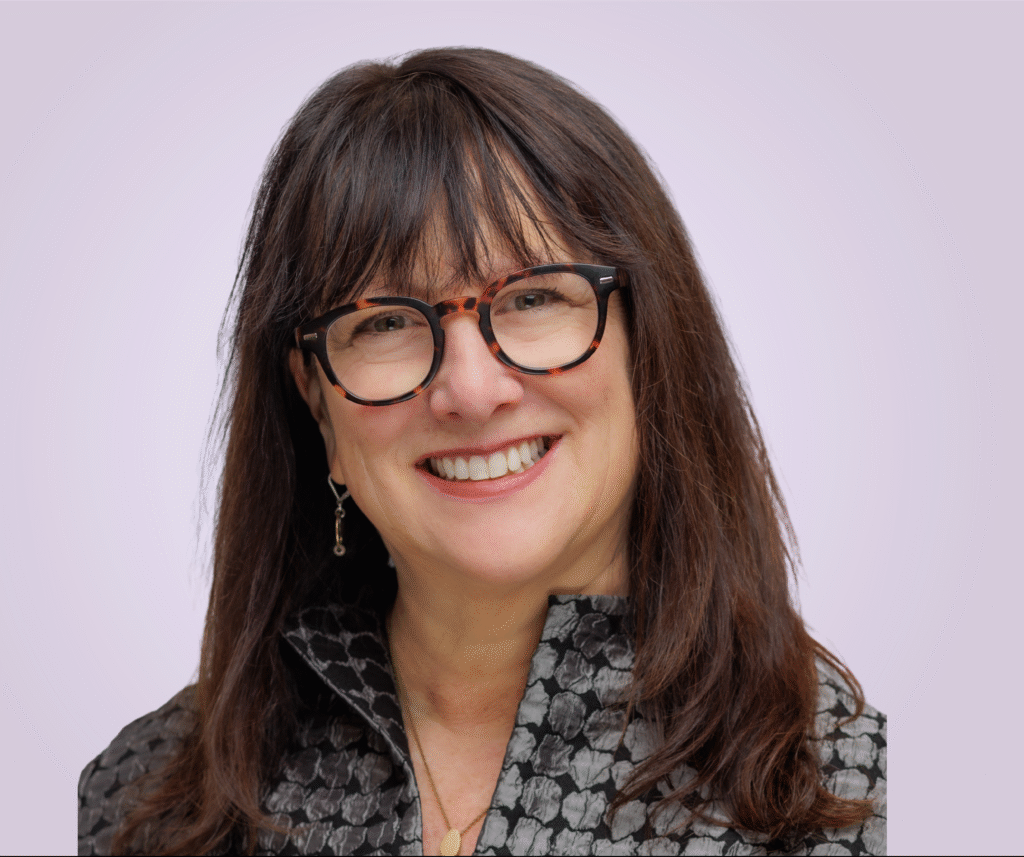
Vanessa Kirsch is a trailblazer in social entrepreneurship and venture philanthropy, whose work has redefined how social impact is financed and scaled. A graduate of Tufts University, she began her career by founding the Women’s Information Network (WIN) to support young women in leadership. Her second venture, Public Allies, launched in 1992, became a national AmeriCorps program dedicated to developing diverse young leaders for public service.
In 1998, Kirsch founded New Profit, one of the first venture philanthropy funds in the United States. New Profit revolutionized the nonprofit sector by applying venture-capital principles to social innovation, providing funding, strategic advice, and performance measurement to high-impact organizations like Teach For America, Year Up, and Health Leads. To date, it has invested more than $325 million in over 200 organizations.

Kirsch has also been a leading voice for equity in philanthropy. She co-founded the Inclusive Impact Initiative, advocating for funding systems that prioritize racial and gender diversity among social entrepreneurs. Her work bridges the divide between nonprofit purpose and private-sector efficiency, influencing how major foundations and donors think about impact.
Her philosophy is rooted in integrity and balance. Kirsch reminds leaders that “scale should never outpace values.” She believes the true test of leadership comes when growth pressures you to compromise your mission, and insists that great entrepreneurs protect culture as fiercely as they pursue expansion.
Scot Chisholm

Scot Chisholm is an American entrepreneur and philanthropist best known for founding Classy, a leading fundraising platform for nonprofits. What began as a small charity run in San Diego evolved into a tech company that has powered billions in donations for organizations like World Food Program USA and Oxfam. By combining technology, design, and storytelling, Classy transformed how nonprofits connect with donors in the digital age.
Under Chisholm’s leadership, Classy was named to Fast Company’s Most Innovative Companies list and became one of the fastest-growing social enterprises in the U.S. In 2022, it was acquired by GoFundMe, a move that positioned Classy as part of the largest digital fundraising ecosystem in the world.
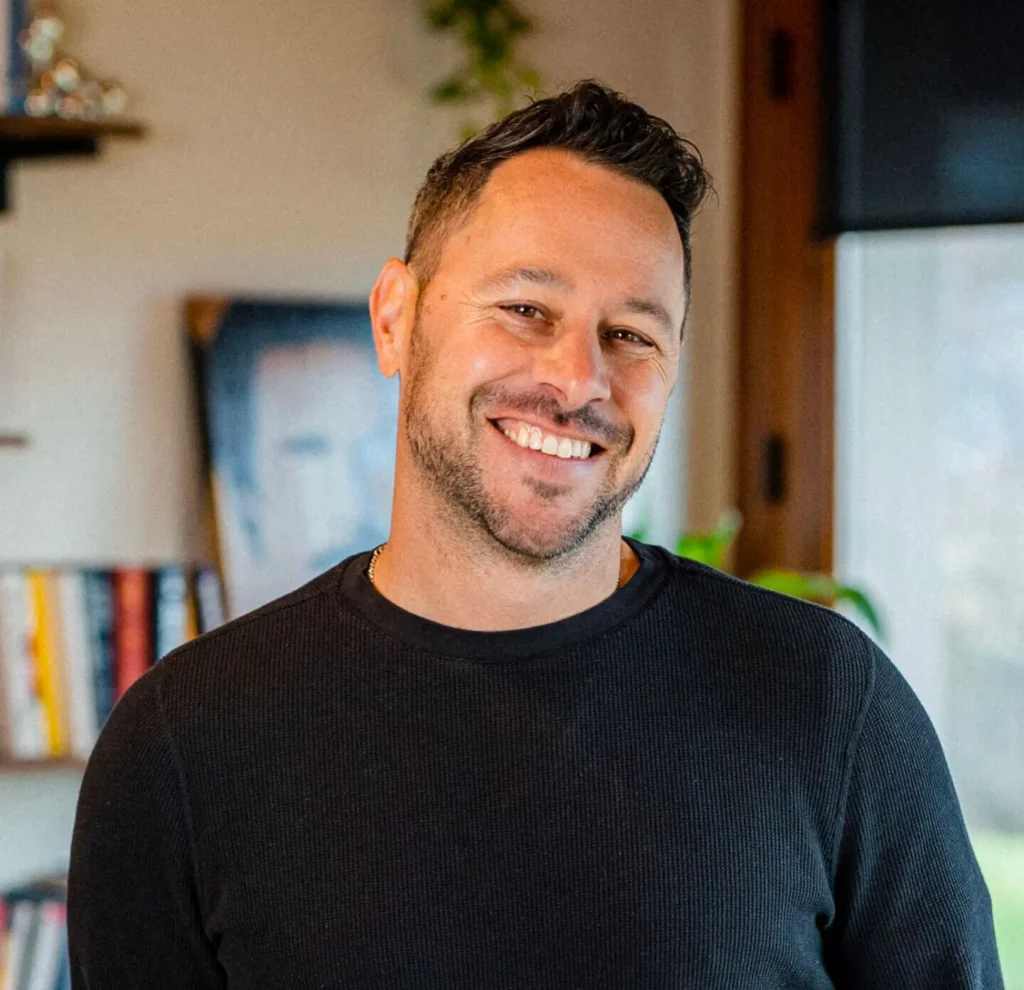
Beyond Classy, Chisholm founded Highland, a mentorship and education platform supporting early-stage founders in the social impact sector. His experience has made him a vocal advocate for sustainable entrepreneurship, arguing that founders must focus on building strong operational systems rather than chasing short-term hype.
Chisholm’s philosophy is simple but profound: “Build systems, not hero stories.” He believes great companies outlive their founders when they prioritize structure, transparency, and collaboration. For him, impact is not a moment, it’s a model that endures.
Larry Brilliant

Dr. Larry Brilliant is an American physician, technologist, and global health leader whose work has bridged medicine, philanthropy, and innovation. A trained epidemiologist, he was part of the World Health Organization (WHO) team that helped eradicate smallpox—the only human disease ever completely eliminated. His early humanitarian work also included helping found the Seva Foundation, which has restored sight to over 5 million people through cataract surgery programs worldwide.
Brilliant’s career later expanded into the technology and philanthropy sectors. As the founding Executive Director of Google.org, he guided the tech giant’s $1 billion philanthropic arm, funding initiatives in global health, disaster response, and climate resilience. He then became CEO of the Skoll Global Threats Fund, addressing existential risks such as pandemics and climate change—years before COVID-19 made those threats mainstream.
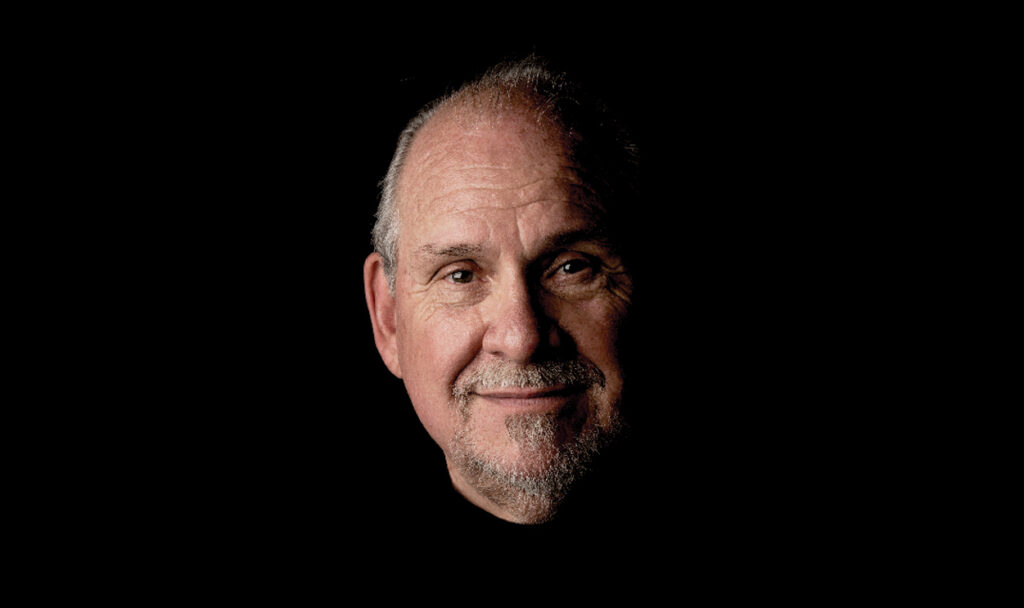
A frequent advisor to governments and organizations like the Rockefeller Foundation and TED, Brilliant has consistently advocated for the fusion of science, technology, and compassion in problem-solving. His TED Talk, “My Wish: Help Me Stop Pandemics,” has inspired millions to rethink how we respond to global crises.
Brilliant believes the tools of entrepreneurship—agility, iteration, and bold experimentation—are equally vital in global health. His advice to founders and changemakers is to treat every initiative as an evolving hypothesis: test, learn, and adapt, because saving lives and scaling ideas both require humility and persistence.
Chelsey Roebuck

Chelsey Roebuck is an engineer and social entrepreneur dedicated to diversifying the STEM pipeline. He co-founded ELiTE (Emerging Leaders in Technology and Engineering), a nonprofit organization that equips underrepresented youth—particularly from Black and Latino communities, with access to STEM education, mentorship, and career pathways.
Roebuck’s inspiration came from his experiences teaching in Ghana and Jamaica, where he saw firsthand how hands-on engineering projects could ignite confidence and creativity in students. Since its founding, ELiTE has reached thousands of students across the U.S., Caribbean, and Africa through workshops, mentorship programs, and partnerships with schools and universities.
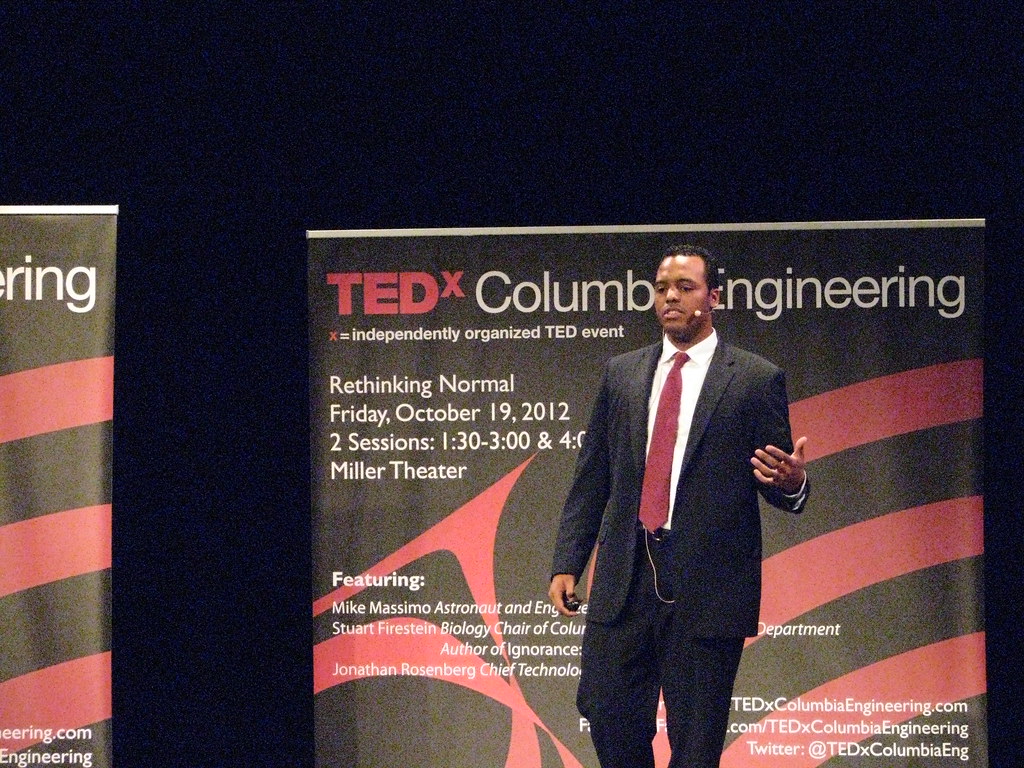
Beyond ELiTE, Roebuck serves as a mentor and speaker for initiatives like Echoing Green and the World Economic Forum’s Global Shapers, where he advocates for equity in education and inclusive innovation. His approach blends technical rigor with deep community listening—ensuring that programs evolve based on real student feedback and local context.
Roebuck often reminds fellow founders that empowerment begins with trust. He teaches that great leaders don’t impose solutions, they co-create them. By building organizations that listen, adapt, and evolve alongside the people they serve, he has shown that education is not just about transferring knowledge, it’s about unlocking potential.



